Latest news
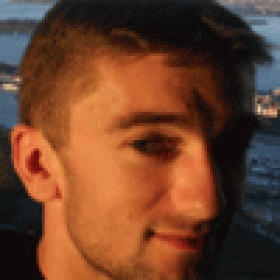
Dr W. David Hill (Psychology, Centre for Cognitive Ageing and Cognitive Epidemiology) and colleagues at the Universities of Edinburgh, Göttingen, and the Max Planck Institute for Human Development in Germany, have published a study suggesting that more than half of the difference in intelligence between people can be traced back to their genes. The study used data from 'Generation Scotland' - a resource of human biological samples and data which are available for medical research.
Congratulations to Dr Jon Stone & Dr Alan Carson (both Centre for Clinical Brain Sciences) who have been awarded a National Institutes of Health Research (NIHR) grant. This is a £1,085,426.03 multicentre trial of specialist physiotherapy for functional motor disorders, with centres planned across the UK. The trial will be led by Glenn Nielsen, a physiotherapist at St George's, University of London. This landmark study plans to provide trial data five times larger than any previous trial in this area. Congratulations to all involved!
Professor Andrew McIntosh (Centre for Clinical Brain Sciences), Professor Ian Deary (Centre for Cognitive Ageing and Epidemiology), Dr Michelle Luciano (Centre for Cognitive Ageing and Epidemiology) and colleagues (University of Edinburgh and King's College London) have published results from a study suggesting that people affected by depression may have genes associated with anxiety, worry and low mood. The DNA of over 300,000 people was analysed and many genes were found to link to neuroticism – characterised by feelings of anxiety, worry and guilt. The genes are also linked to depression. The findings help shed light on the causes of depression – which affects one in five people – and could provide information to help better diagnosis and treatment for individuals, scientists say.
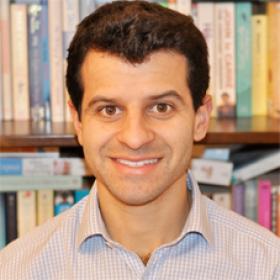
Dr Mark Rodrigues, Professor Rustam Al-Shahi Salman (both Centre for Clinical Brain Sciences) and colleagues have published findings indicating that detecting the cause of the deadliest form of stroke could be improved by a simple blood test added alongside a routine brain scan. Their findings suggest that a genetic test for APOE, combined with a CT scan, could be used to detect stroke caused by intracerebral haemorrhage (ICH).
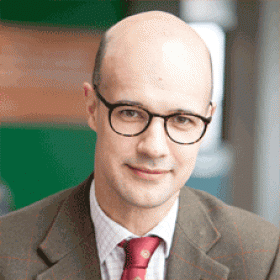
Congratulations to Prof Rustam Al Shahi Salman, Dr Neshika Samarasekera (both Centre for Clinical Brain Sciences) as well as other collaborators from Edinburgh, Manchester and Boston on being awarded a £0.44 million Stroke Association Priority Programme Award for 'Neuro-Inflammation after Cerebral Haemorrhage in Edinburgh’ (NICHE).
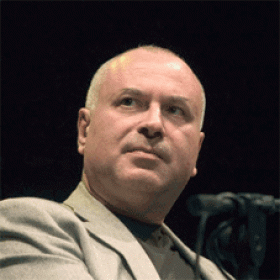
Professor Sergio della Sala (Psychology) has published a study with colleagues at Queen Margaret University revealing that passengers, when selecting their aircraft seating, tend to choose seats located on the right hand side.
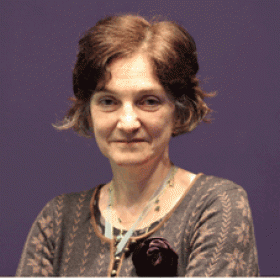
Professor Joanna Wardlaw (Centre for Clinical Brain Sciences) is currently featured in the Royal College of Physicians 'Women in medicine: a celebration' exhibition. This is an exhibition of specially commissioned photographic portraits honouring contemporary and historical women in medicine.
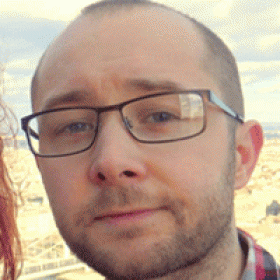
Dr Chris Henstridge and Professor Tara Spires-Jones (both Centre for Discovery Brain Sciences) and colleagues have published a study which sheds light on how motor neurone disease (MND) affects the processes within the brain.
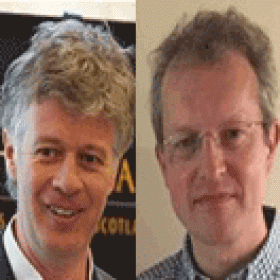
Dr Jon Stone and Dr Alan Carson (both Centre for Clinical Brain Sciences) have been in the news this week, commenting on the ongoing Cuban US Embassy Staff health story. The article is published on 'Newsweek' online and discusses what could be behind the 'Sonic attacks' on American Diplomats in Cuba.
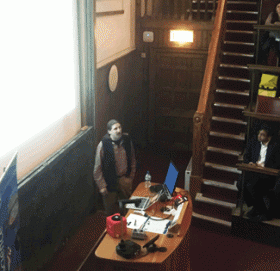
Professor Peter Kind (Centre for Discovery Brain Sciences, Patrick Wild Centre, and Simon’s Initiative for the Developing Brain) delivered the 12th Edinburgh Neuroscience Public Christmas Lecture last night.

